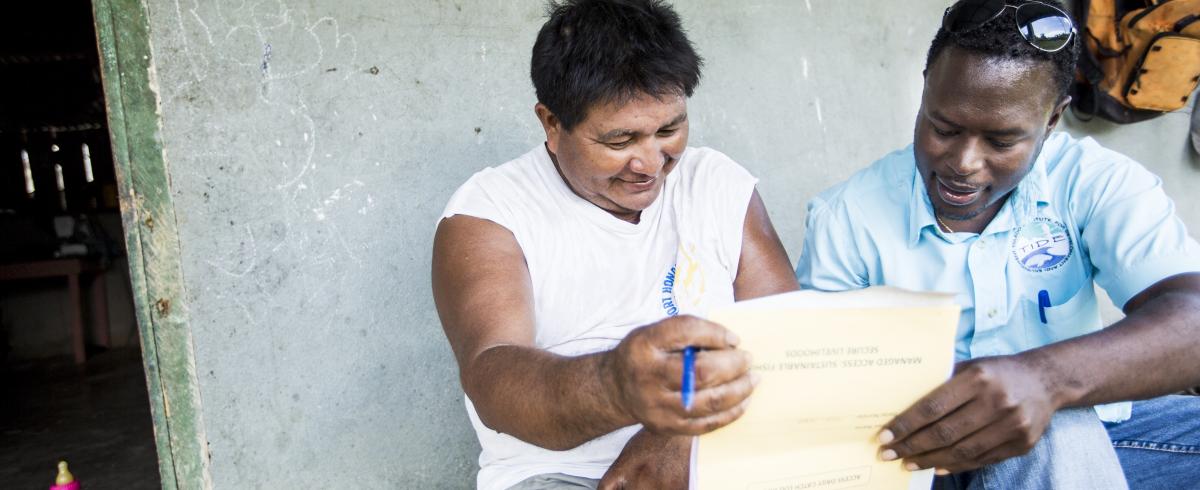International Year of Artisanal Fisheries and Aquaculture 2022 Global Action Plan
The IYAFA 2022 Global Action Plan (IYAFA GAP) aims at building global momentum to empower small-scale artisanal fisheries and aquaculture and securing a sustainable future for these important sectors. Outlined here are a series of indicative and interconnected actions that are mutually reinforcing in the pillars of work.

